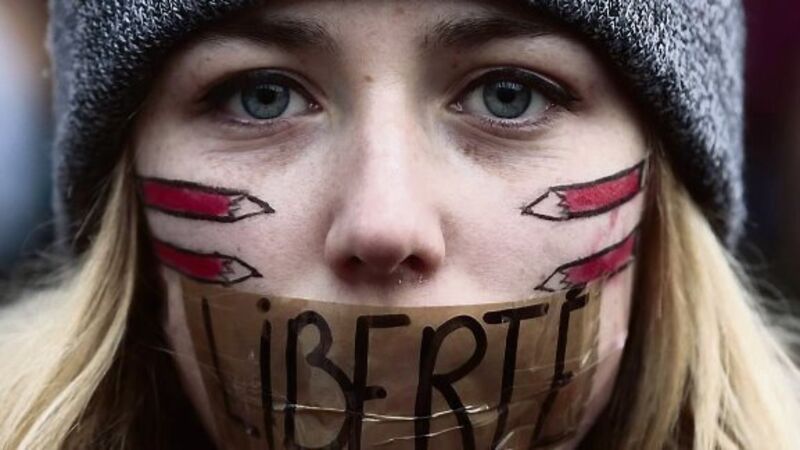Say what you want, but I support the right to freedom of speech

I WANTED to say something profound about freedom of speech, because of the events last week in France. But how is it possible to be profound about something we take for granted?
It’s like the water that flows from our taps. We argue and fight about having to pay for it now, but we know it will always be there. Imagine if, every time we turned on the tap, nothing happened?















